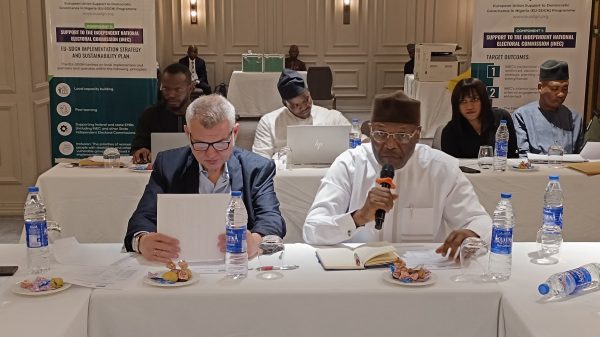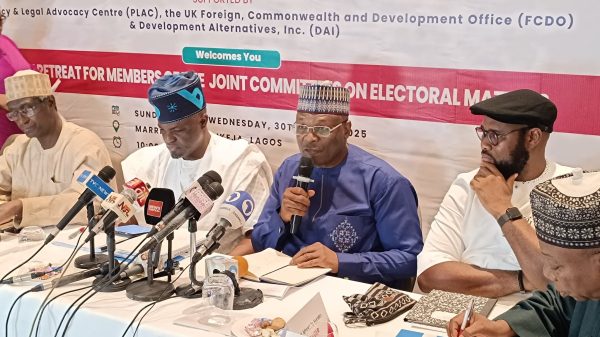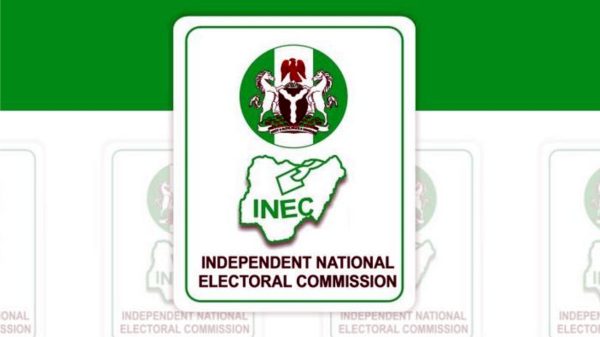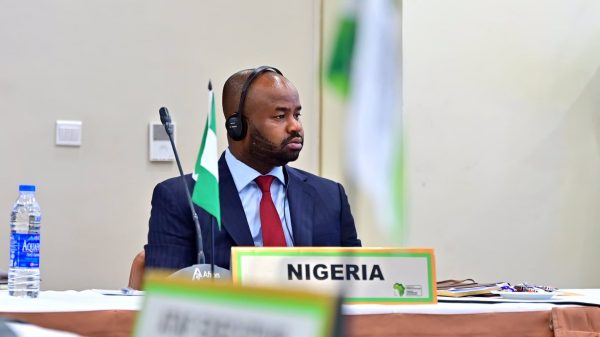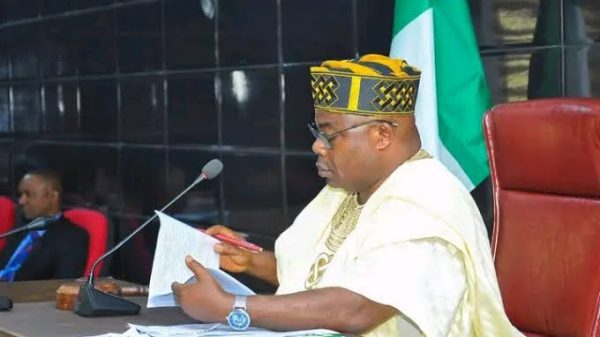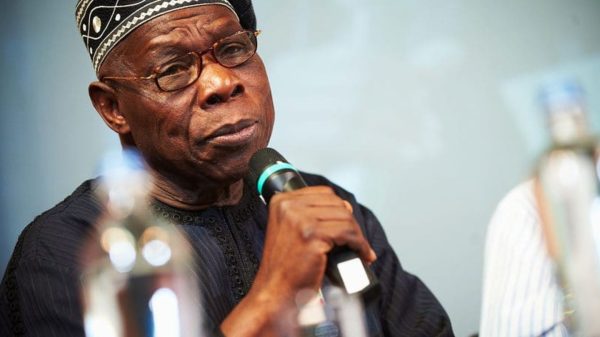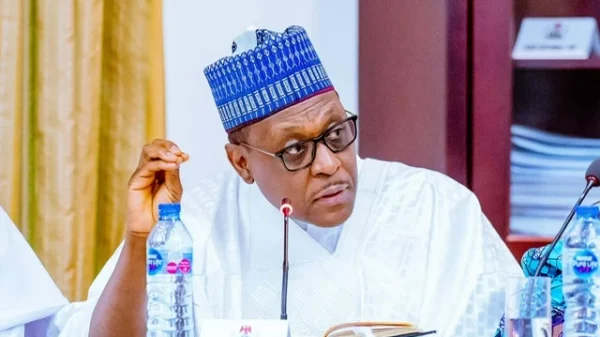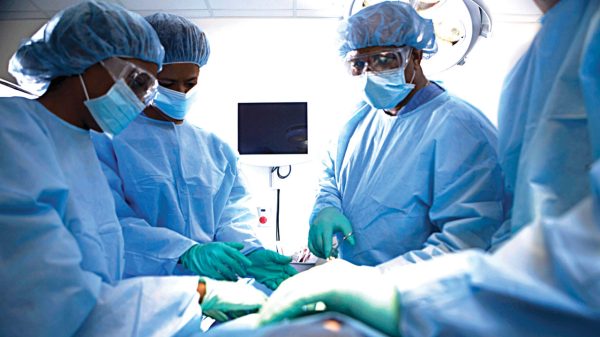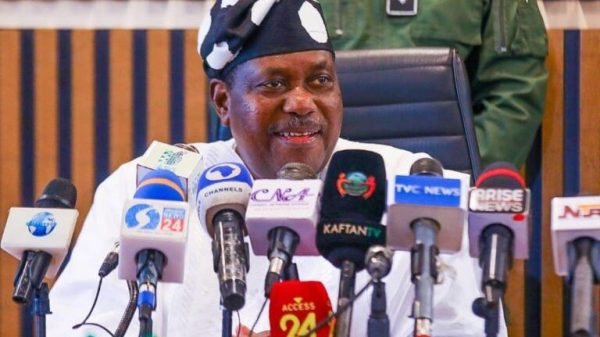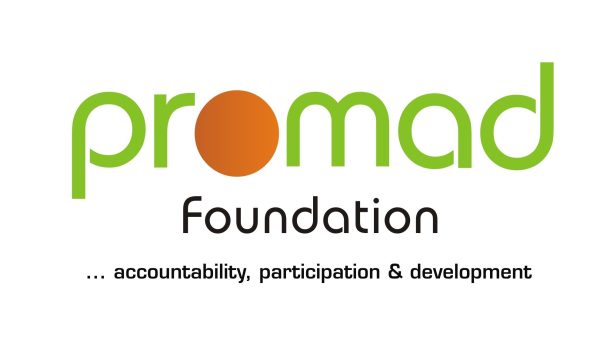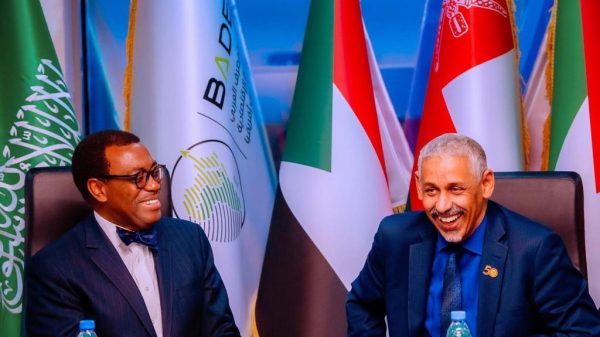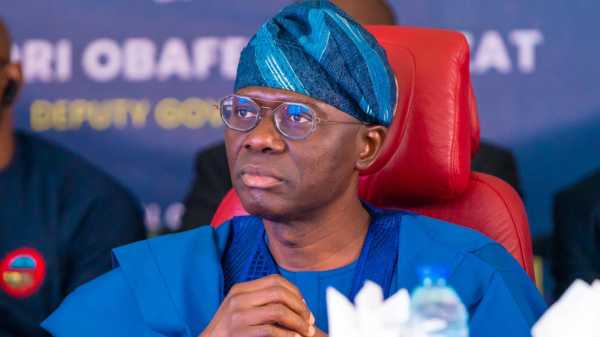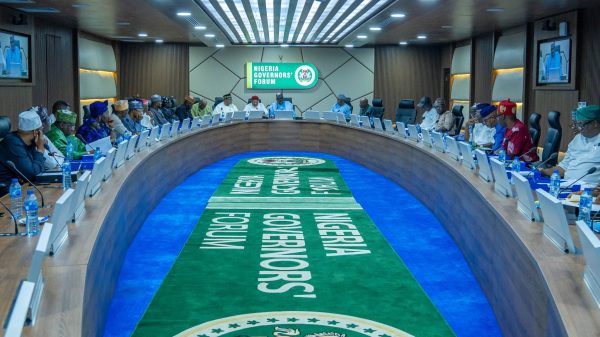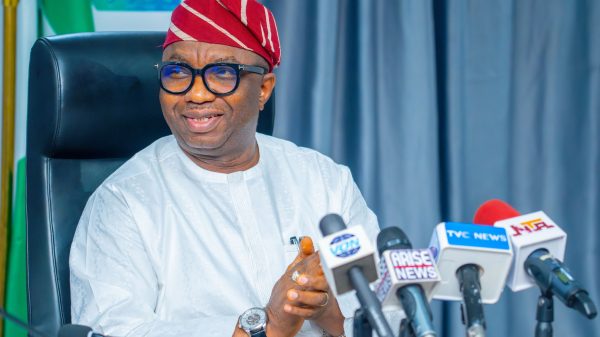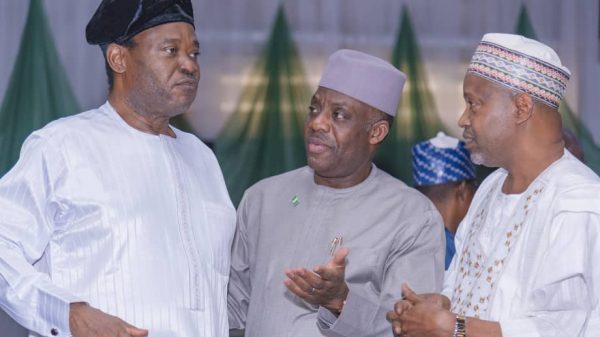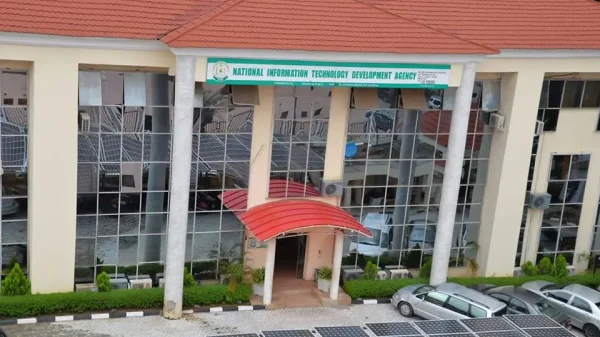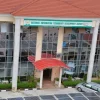By Rachael Olokungboye
ABUJA – The Federal Government has said Nigeria’s livestock sector has the potential to add N33tn worth of investments to the country’s economy.
Minister of Agriculture and Rural Development, Sabo Nanono, who said this to the media in Abuja on Saturday evening, stated that the Federal Government was working hard to ensure the release of this huge investment into the economy.
He said, “Just this week in Kano, I inaugurated the pilot scheme of the National Livestock Breed Improvement Initiative aimed at increasing the diary potential of our indigenous dairy cows and meat yield of our national herd.
The livestock sector has a huge economic potential netting N33tn which should be explored and harnessed.”
He said the goal of the Federal Ministry of Agriculture and Rural Development was to facilitate economic diversification from an oil based economy to an agro based economy.
Nanono stated that to achieve this, the FMARD had commenced the implementation of agricultural mechanisation aimed at massive cultivation and output.
He said, “This will ensure that we have more than enough to feed the population and export to neighboring countries. We are also deepening our extension services to grow the agricultural sector and make farming an informed profession.
“We’ve inaugurated a compact and viable livestock subsector capable of sustaining the supply of beef and dairy demands of the nation for consumption, processing industry and export.”
In another development, the Nigerian Veterinary Medical Association raised an alarm that the activities of uncertified animal care givers were slowing down the growth and development in the livestock subsector.
NVMA is regulated by the Veterinary Council of Nigeria, an agency under the Federal Ministry of Agriculture and Rural Development.
Speaking on the side-lines of the association’s leaders’ summit in Abuja, the Acting National President, NVMA, Ibrahim Shehu, told journalists that the livestock sector had been having problems with quacks.
He said, “We have been having issues with quacks, people parading themselves as veterinary doctors but are not licensed to practice by the Veterinary Council of Nigeria and are not registered with the NVMA.
“They have been giving us problems in delivering quality animal healthcare services for the adequate development of livestock in the agricultural sector.”
Shehu said this posed a great danger to the Nigerian economy as quacks were giving wrong prescriptions for animal care, leading to recent resurgence of anti-microbial resistance in the livestock subsector.






